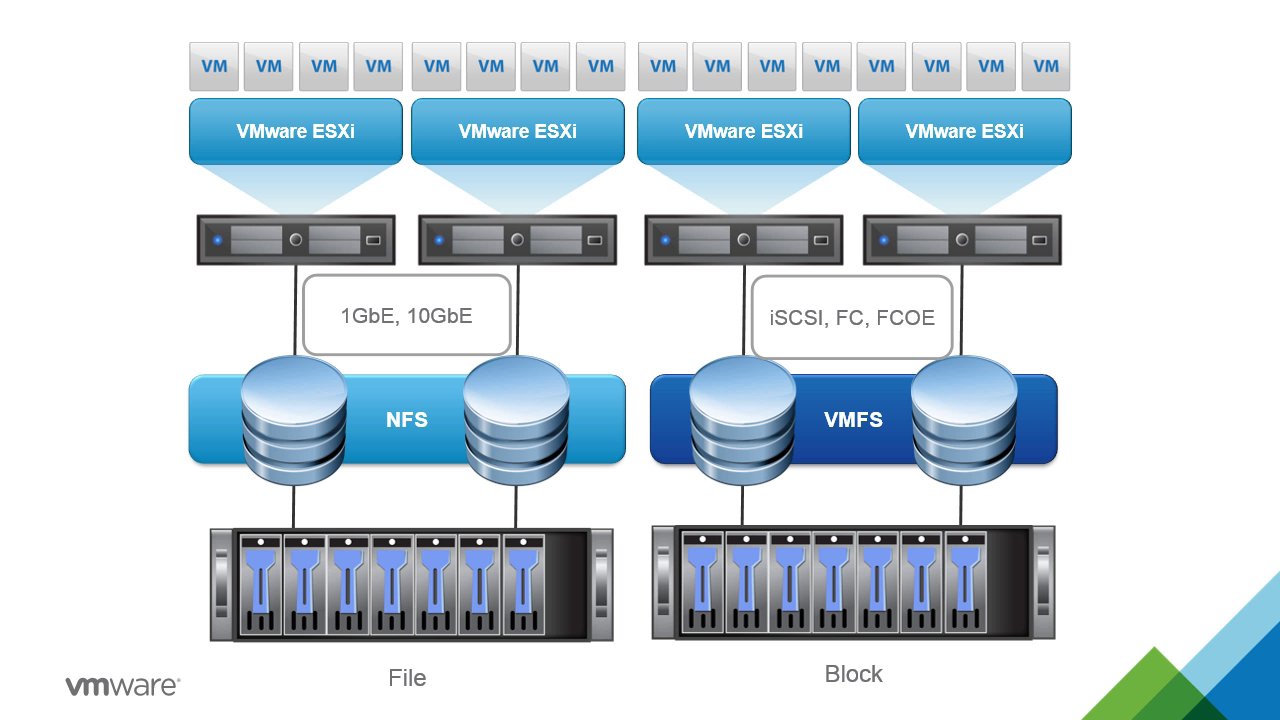

The key difference lies in architecture and operations management. Overall, the functionality of ESX and ESXi hypervisors is effectively the same. Since version 5, released in July 2011, only ESXi has continued.

For your reference, the name ESX is an abbreviation of Elastic Sky X, while the newly-added letter “i” in ESXi stands for “integrated.” As an aside, you may be interested to know that at the early development stage in 2004, ESXi was internally known as “VMvisor” (“VMware Hypervisor”), and became “ESXi” only three years later. The primary difference between ESX and ESXi is that ESX is based on a Linux-based console OS, while ESXi offers a menu for server configuration and operates independently from any general-purpose OS. VMware announced the transition away from ESX, its classic hypervisor architecture, to ESXi, a more lightweight solution. Upon its release in August 2010, ESXi became the replacement for ESX. The last VMware release to include both ESX and ESXi hypervisor architectures is vSphere 4.1 (“vSphere”). This notion, however, is not entirely accurate.ĮSX is the predecessor of ESXi. This has led to the common misconception that ESX servers provide a more efficient and feature-rich solution, compared to ESXi servers.
#ESX SERVER VDI FREE#
If you are already somewhat familiar with the VMware product line, you may have heard that ESXi, unlike ESX, is available free of cost. What Does ESXi Stand for and How Did It All Begin? With our product, you can be sure that your VMware-based infrastructure remains safe and protected. Our range of features includes backup, replication, multiple recovery options, and much more. NAKIVO Backup & Replication is a fast and reliable data protection solution with enterprise-grade functionality. The aim of our article is to explain the difference between them.

These are two types of VMware hypervisor architecture, designed for “bare-metal” installation, which is directly on top of the physical server (without running an operating system). If you are just getting started with VMware software, you may have come across the seemingly unending ESX vs. VMware hypervisor provides you with a way to virtualize even the most resource-intensive applications while still staying within your budget. ESXi: Overview of Key DifferencesĪccording to the latest statistics, VMware holds more than 75% of the global server virtualization market, which makes the company the undisputed leader in the field, with its competitors lagging far behind.


 0 kommentar(er)
0 kommentar(er)
